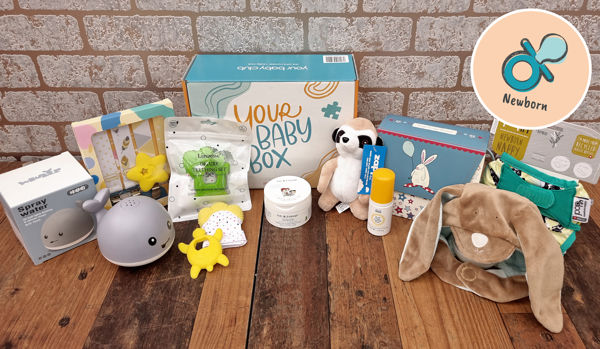Folic acid, or vitamin B9, is like a superhero for babies!
It's an important nutrient that helps with their growth and development. When mums-to-be take folic acid during pregnancy, it protects the little one from serious birth defects, especially in the baby's brain and spine.
Plus, folic acid helps in making healthy red blood cells for a strong baby. It's found in foods like leafy greens and oranges, but sometimes doctors recommend a supplement too.
[Read our article on what folic acid is for more information]
When Do I Start Taking Folic Acid?
When it comes to folic acid and pregnancy, the sooner, the better!
Ideally, women should start taking folic acid before they even start trying to conceive. Preparing your body with folic acid at least one month before getting pregnant can significantly reduce the risk of neural tube defects (NTDs) in the baby, like spina bifida and anencephaly.
However, don't worry if you haven't started taking it beforehand. If you find out you're pregnant, start taking folic acid immediately. These early weeks are crucial for your baby's development, and folic acid plays a superhero role in ensuring their healthy growth.
Most healthcare experts recommend taking 400 micrograms (mcg) of folic acid daily during the early stages of pregnancy. You can easily find folic acid supplements at pharmacies or even in some prenatal vitamins.
Remember, every pregnancy journey is unique, so it's essential to talk to your GP or midwife about the right folic acid intake for you.
How Long Do I Need To Take Folic Acid?
You only need to take folic acid for the first 12 weeks of your pregnancy!
Beyond the first trimester, the neural tube is typically fully formed, and the risk of NTDs decreases significantly. While folic acid intake after 12 weeks is not harmful, its focus shifts to supporting other aspects of pregnancy health, such as red blood cell production, and proper cell division.
However, it's essential to remember that a balanced diet rich in natural folate and other vital nutrients is crucial throughout the entire pregnancy. Foods like leafy greens, beans, citrus fruits, and whole grains offer a natural source of folate and other essential vitamins.
If you're concerned about your folic acid intake after the first trimester, consider discussing it with your GP or midwife. They can evaluate your specific needs and may recommend adjusting your diet or supplement intake based on your health and pregnancy progress.
Ultimately, the first 12 weeks are a critical time to provide your baby with the best protection against NTDs through folic acid. After that, maintaining a well-rounded diet and staying in touch with your healthcare professional will ensure a healthy pregnancy journey for both you and your little one.





